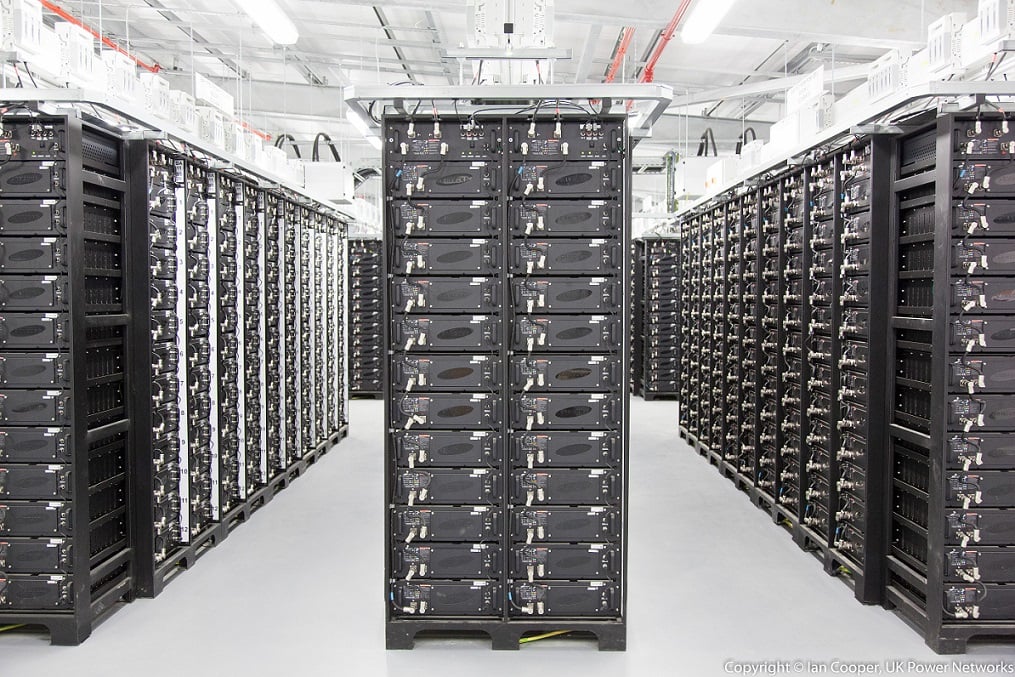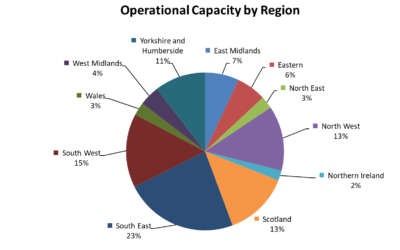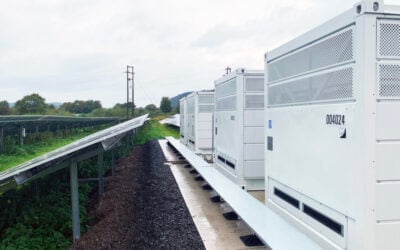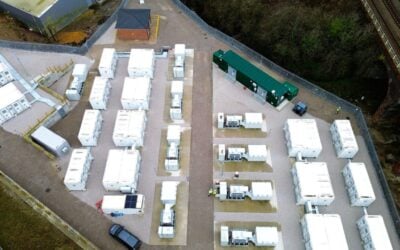
A decision by UK gas and electricity markets regulator Ofgem’s to classify energy storage as a subset of generation must be a “stopgap measure” until parliamentary time is found.
This is according to the Renewable Energy Association (REA), suggesting that defining storage as its own asset class in primary legislation – a solution “strongly argued” for by the energy sector – would be preferable.
Enjoy 12 months of exclusive analysis
- Regular insight and analysis of the industry’s biggest developments
- In-depth interviews with the industry’s leading figures
- Annual digital subscription to the PV Tech Power journal
- Discounts on Solar Media’s portfolio of events, in-person and virtual
Or continue reading this article for free
Ofgem announced it would be pressing ahead with including a definition of storage in the electricity licence last Friday (2 October), meaning the same rules and regulations will apply to the technology as other forms of generation from 29 November 2020.
This follows Ofgem consulting on the changes in July 2019, with many in the storage sector campaigning for a formal definition to be introduced for a number of years prior.
This is in part due to the double charging of storage, where – because there was no formal definition – it was charged as both a demand customer for its imports and as a generator for its exports.
However, many in the sector argue that storage needs a “broader definition”, as the REA’s head of policy, Frank Gordon, said. This is because electricity storage is different to electricity generated, as well as energy storage having a number of technologies under its umbrella, not just those that are electricity-based.
“Classifying storage as a subset of generation should only be seen as a stopgap measure until parliamentary time allows for a more thorough review,” Gordon said.
Trade group, the Electricity Storage Network (ESN) has led the charge on calling for an introduction of a formal definition for storage. Speaking at the Energy Storage Summit in March 2020, policy lead at Regen Madeleine Greenhalgh, explained how the industry had been classifying itself as a subset of generation almost “by default” without any guidance from government.
To read the full version of this story, visit Current±,.






